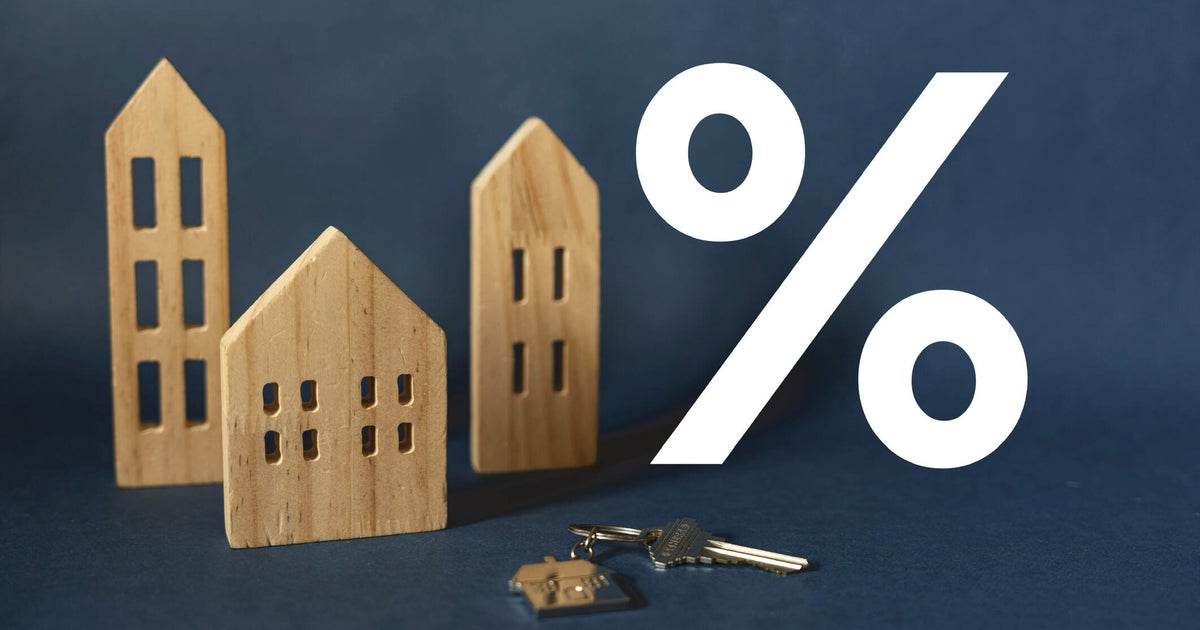Denied a home equity loan? Here's what to do
There's no question that the home buying landscape is tough right now. Not only are mortgage rates at 23-year highs, but other issues, like widespread inventory shortages and high home prices in most markets, are making it tough for buyers to afford a home.
But while these types of issues are making it less than ideal for buyers, the subsequent home value increases over the last few years have been beneficial for existing homeowners. The average homeowner now has a large amount of equity in their home — which can be tapped into with a home equity loan or home equity line of credit (HELOC) to fund a home renovation, consolidate high-interest debt or cover unexpected expenses.
However, getting approved for a HELOC or home equity loan is not guaranteed. And, in some cases, you may find yourself facing a denial by a home equity lender. So what can you do if that happens? Here's what to know.
Find the top home equity loan rates you could qualify for here.
Denied a home equity loan? Here's what to do
Getting denied for a home equity loan can be a frustrating experience, but there are a few things you can do when it happens, including:
Understand the reason for the denial
The first step to take after being denied a HELOC or home equity loan is to understand why the lender rejected your application. Lenders typically assess several factors, including your credit score, income, debt-to-income ratio and the amount of equity in your home. Request a detailed explanation from the lender for the denial to pinpoint the specific issue that needs addressing.
Learn more about today's top home equity rates here.
Review your credit report
A common reason for being denied a loan is having a less-than-ideal credit score, so it's important to review yours. Obtain a copy of your credit report from all three major credit bureaus — Equifax, Experian and TransUnion — and review them for errors or discrepancies. If you find any inaccuracies, dispute them to improve your credit score.
Improve your credit score
If your credit score is the primary reason for the denial, it may help to use the following strategies to improve it:
- Pay bills on time: Timely payments are incredibly important for maintaining a good credit score, so be sure to pay your bills on time every month.
- Reduce credit card balances: Lowering your credit card balances can lower your credit utilization ratio, positively impacting your credit score.
- Avoid new credit applications: Multiple credit inquiries can harm your credit score. Avoid applying for new credit lines.
- Diversify your credit mix: A mix of different types of credit (e.g., credit cards, installment loans) can be beneficial for your score.
- Consult a credit counselor: If your credit issues are complex, consider seeking help from a credit counseling agency.
Reapply with a different lender
If your credit score improves significantly or if you believe the denial was unjustified, consider reapplying with a different lender. Lending criteria can vary, so a rejection from one lender doesn't necessarily mean rejection from all. Just make sure to do your homework and understand what the lenders you're considering are looking for first to optimize your chances of approval.
Explore alternative financing options
If a HELOC or home equity loan isn't an option, you may want to explore alternative financing avenues. These include:
- Personal loans: These unsecured loans can be used for various purposes and may not require collateral.
- Cash-out refinancing: If you're open to refinancing your entire mortgage, you can potentially access a portion of your home's equity through a new mortgage with a larger principal balance. Note, though, that a cash-out refinance involves taking out a new mortgage loan with a new rate to replace your old one, so if your current mortgage loan has a rate that's lower than what's currently being offered, you may want to think twice about this avenue.
- 401(k) loan: If you have a retirement account, you may be able to borrow against it, but proceed with caution to avoid penalties.
Work on increasing your home equity
If the amount of equity in your home was a limiting factor, focus on increasing it over time. This can generally be achieved through regular mortgage payments, property value appreciation and strategic home improvements. You can also opt to make larger monthly mortgage payments to quickly build more equity in your home.
The bottom line
Being denied a HELOC or home equity loan can be disappointing, but it doesn't mean you're out of options. Take proactive steps to improve your credit, consider alternative financing methods and explore ways to increase your home equity. With patience and careful financial planning, you can still achieve your goals and make the most of the equity in your home. Remember that each financial situation is unique, so it's essential to consult with a financial advisor or credit counselor for personalized guidance based on your circumstances.




